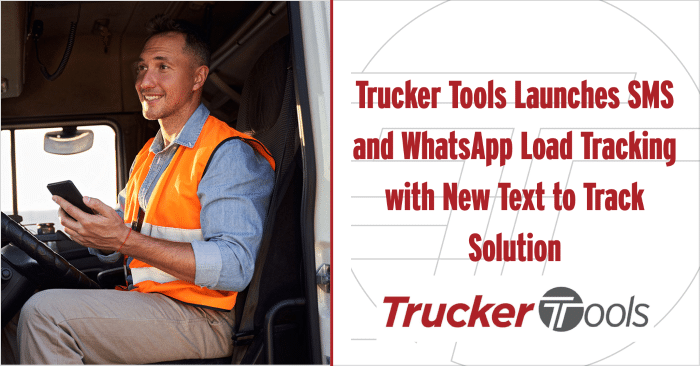Tax season is upon us! If that statement makes you feel a creeping dread, you’re not alone. Preparing for tax filing and the filing itself can be stressful for both owner-operators and small trucking companies. Tax filing is a sort of reckoning of finances for the year and it’s something that every business owner must deal with.
Establishing Good Habits
There are ways for owner-operators and leaders of small trucking companies to reduce the stress of tax season. First among these is preparation. Whether you’ve set up your business as a sole proprietor, single member LLC, LLC partnership or corporation, if you want to itemize deductions on your taxes, you need to track your expenses and revenue.
Establish a system that allows you to track every dollar that moves in and out of your business. Retaining paper copies of receipts and other expense and revenue-related documents is a good idea. If and when you’re ever audited by the IRS, having paper copies of all of your receipts on hand will make the audit easier and less stressful.
Quarterly Tax Payments
Many small business owners choose to pay the IRS estimated quarterly payments throughout the year, as a kind of advanced payment plan. You must expect to owe or have owed the IRS in previous years more than $1,000 in taxes. The hard part, of course, is trying to predict what your income will be in the coming year. Keep in mind that you must pay the IRS both self-employment taxes and income taxes. Working with an accountant or other tax professional can help you determine how much you should pay the IRS quarterly.
The alternative to estimated quarterly tax payments is to pay the IRS in full when you file your taxes by April 15 (or March 15, depending on your business structure) of the following year. Depending on your revenue and situation, this can be a rather large amount of money. Paying the IRS in quarterly payments doesn’t require you to save a large sum of money during the year. If you find that at some point during the year that your estimation of revenue for the year is too high or too low, you can adjust quarterly tax payments accordingly, which is helpful.
Deductions
Traditionally, small business owners can reduce the taxes they owe the IRS by deducting work-related expenses for which they have not already been reimbursed. Deductions that truckers often claim include interest paid on business loans, parking fees and tolls, fuel, oil, registration, tires, lodging, meals, flat-rate occupational taxes and excise taxes, insurance premiums, professional association fees, supplies, property, truck leases, permit and licensing fees, truck repair and communication devices and professional services, such as the hiring of an accountant or payroll professional.
How taxes are assessed and available deductions for small business owners changed recently due to the “Tax Cuts and Jobs Act,” which went into effect for the 2018 tax year. One of the effects of the new tax code is that the standard deduction has increased. However, the personal deduction has been eliminated. Contact a tax professional or speak to your accountant about how the new tax code will affect your business and whether you should plan to itemize deductions for your 2019 filing.
Get Questions Answered from Professionals
As business owners, owner-operators and small carrier companies can access local and online tax expertise when needed. If you need questions answered regarding filing status, tax payments, payment plans, the new tax code or the structure of your business, you have several options at your disposal. You can contact a local Certified Public Accountant if you have specific questions on your taxes or would like to have a professional file your taxes for you. Local and national business associations, business schools at colleges and universities, and companies like H&R Block and Tax Turbo can also provide advice and online assistance with tax filing and tax questions.
The Volunteer Income Tax Assistance (VITA) program provides free tax help to people who earn $55,000 or less, persons with disabilities and limited English-speaking taxpayers who need assistance in preparing and filing their own tax returns. IRS-certified volunteers provide free basic income tax return preparation with electronic filing to qualified individuals.
Business associations such as SCOREand the U.S. Small Business Administration(SBA) can provide in-person, one-on-one assistance and/or online education for business owners as well.
When in doubt, you can always contact the IRS. At this time of year, close to filing deadlines, the IRS is likely experiencing high phone call volume, so be prepared to wait on hold for up to 15 to 30 minutes for an IRS customer service representative.
Increasing Revenue Through Greater Efficiency
If you’re interested in increasing your load haul and revenue in the coming year, download the free Trucker Tools mobile appto receive real-time information on available loads, traffic, fuel prices and more — all using your smart phone.





